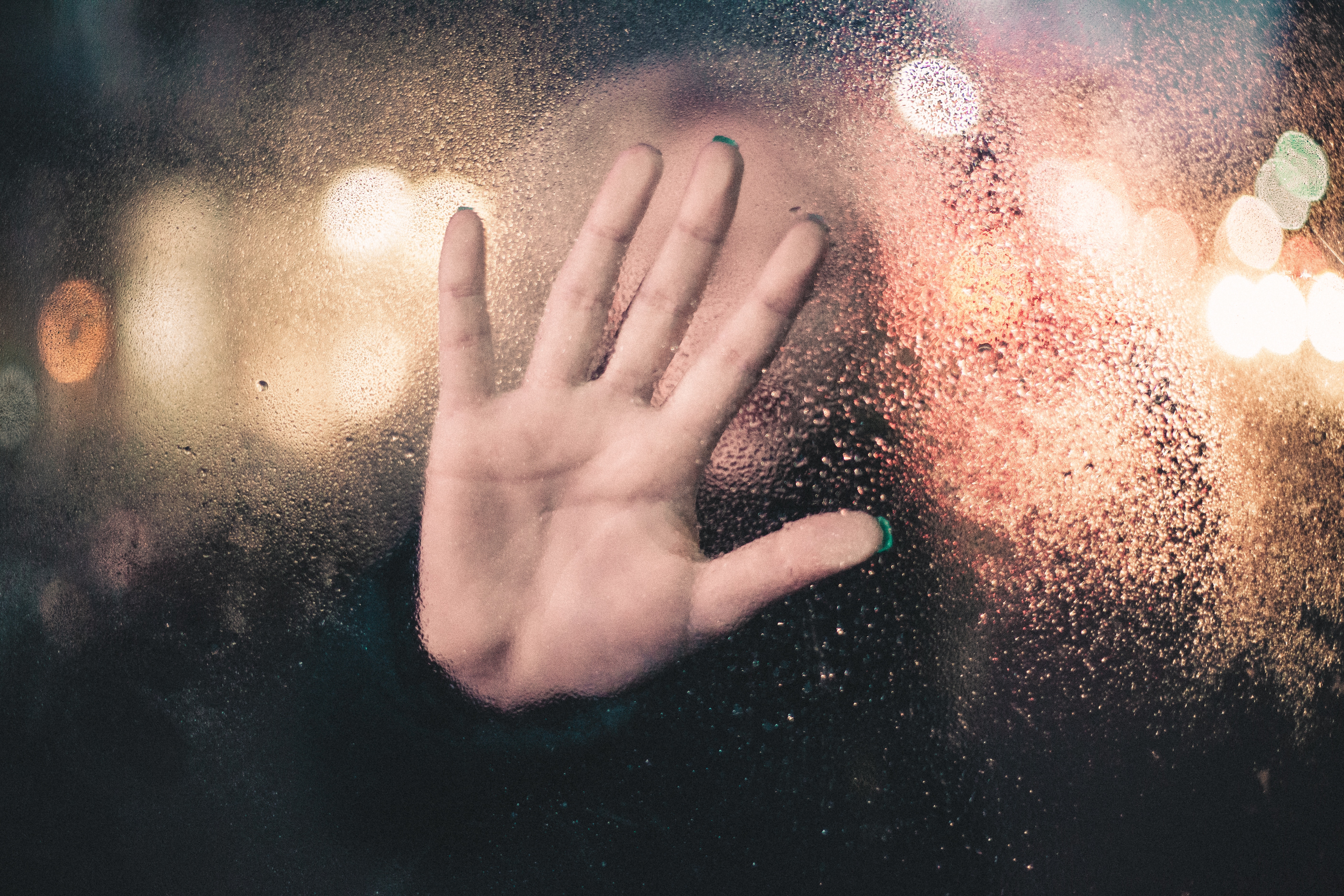By Susan Finley, Ed.D., NCC
“I learned that courage was not the absence of fear, but the triumph over it. The brave man is not he who does not feel afraid, but he who conquers that fear.” -Nelson Mandela
Many people are afraid to ask for help—especially when in crisis. Varying factors affect one’s decision to reach out in times of need. These can include believing common myths you may have heard, fear of being judged, fear that you are not in enough pain to ask for help, and lack of knowledge about crisis hotlines in general.
The premise behind crisis hotlines is to de-escalate the situation. Give yourself the same care you would a friend in need. Always check in with yourself, no issue is too big or small to reach out. To take away some fears, familiarize yourself with what happens when using a crisis hotline.
Common MYTHS about mental health crisis hotlines:
Myth 1
- I should only use a hotline if I’m in a really bad place. You do not need to be having suicidal thoughts to wait to ask for help. Crisis hotlines are helpful for anyone experiencing sexual abuse, domestic violence, LGBTQ issues, bereavement, self-harm, or other mental health concerns.
Myth 2
- My phone will be tracked and my location revealed. Your phone will not be tracked and emergency services will not be sent directly to your location if you use a crisis hotline. Because crisis hotlines are 100% confidential, you are under no obligation to share personal or identifying information with the counselor on the other end.
Myth 3
- Hotlines will have access to my personal information: When using Facebook BRAVE Crisis Text Line through your computer, your information is encrypted and therefore anonymous, so you can rest assured that hotlines won’t have access to your profile or other identifying information, even over the Internet. They’ll only know what you tell them – nothing more. Facebook conversations with services such as BRAVE are 100% confidential and secure.
Remember, asking for help becomes easier and less stigmatized when we normalize the universal need to reach out to others. This includes sending the message that it’s OK to feel afraid, sad, depressed, or angry. Everyone, at some point in his or her life, has been in pain and needed help. You are not alone.
- If you or a friend is struggling, start by sharing those feelings with someone trustworthy. You can also text BRAVE to 741741 which is a free, 24/7, confidential support hotline with trained counselors on the other end.
- If you want to get someone directly on the line, call 800-273-TALK (8255) where you can speak to a trained counselor ready to listen to you or someone else.
- You can reach out to Facebook BRAVE Crisis Text Line by hitting “Send Message” on their Facebook page.
- It is a good idea to program any of the helpline numbers into your phone so that you have on hand in a crisis. The National Suicide Prevention Lifeline (1-800-273-8255) is also a great resource.
Selected resources
BRAVE Crisis Text Line: text BRAVE to 741741
Facebook BRAVE Crisis Text Line
The National Suicide Prevention Lifeline (1-800-273-8255)
Susan Finley, Ed.D., NCC is an educator, published researcher, and social media marketing consultant for therapists. She is a National Certified Counselor (NCC), Board Certified-TeleMental Health Provider (BC-TMH), and Suicide Prevention Instructor (QPR) under the National Board for Certified Counselors.
How to Contact Passages Addiction Treatment Centers:
Call Passages Addiction Treatment Centers today if you or a loved one is battling an addiction to drugs and alcohol. Our admissions department is available 24/7 and can be reached directly by calling our toll-free number at (888) 397-0112. We look forward to speaking with you soon.
Passages, Where Addiction Ends and Life Begins™
Follow us on Facebook, Twitter, Instagram, and Pinterest! We love connecting with our audience.


